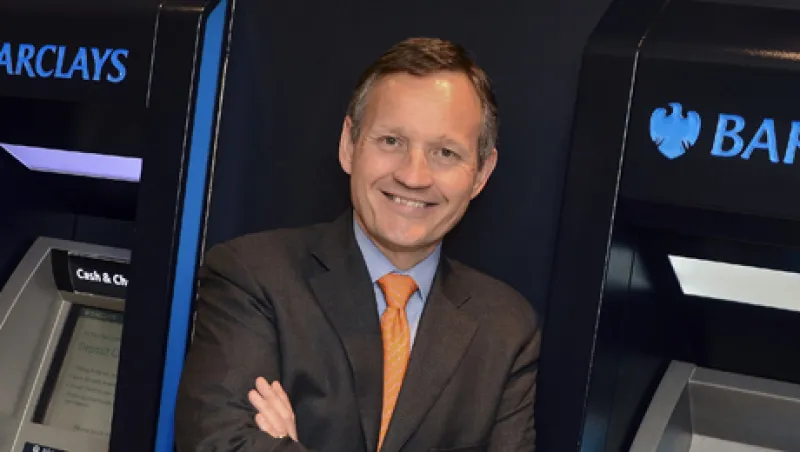
Jenkins’ Cautious Path Ahead at Barclays
Barclays’ new CEO Antony Jenkins is a safe pick who is sounding all the right notes. But he’ll need help to meet the regulatory challenges the U.K. bank faces.
Neil Sen
August 31, 2012


